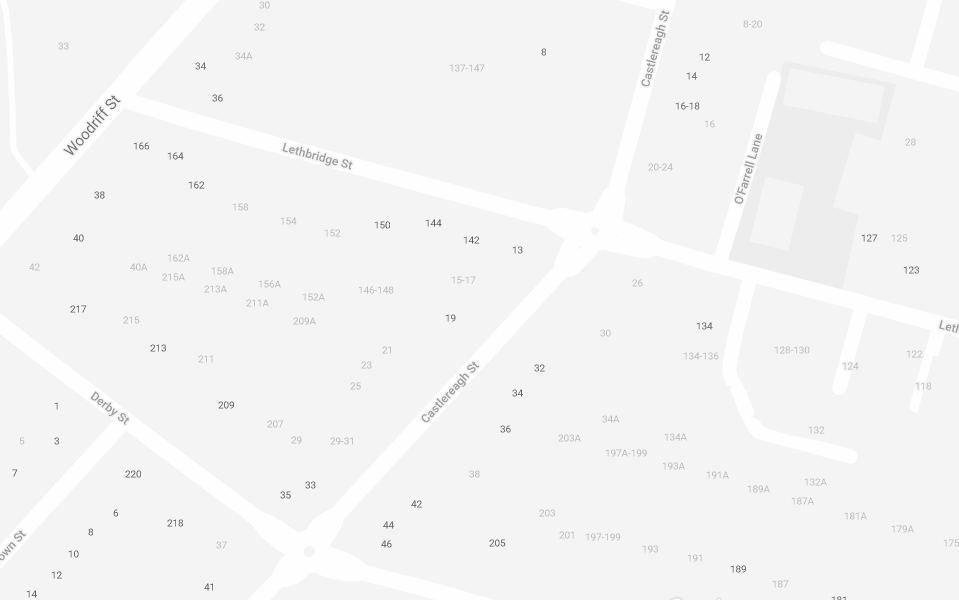
NSW Budget: what’s in it for you?
In the middle of the COVID-19 pandemic, the NSW government has released what it hopes will be a roadmap to recovery for the State in the form of its 2020-21 Budget. For individuals, the most significant change is the government exploring a possible transition from the current “inefficient” stamp duty and land tax system to a broad-based tax on property. For businesses, sweeteners include payroll tax changes, digital vouchers to help with government costs, support apprenticeships and trainees, and revitalising Sydney’s CBD.
The NSW government has released its 2020-21 Budget amid the COVID-19 pandemic. According to the Treasurer, Dominic Perrottet, a deficit of $16bn is forecast for the 2020-21 financial year, due to an increase in spending in relation to various temporary stimulus to help the economy recover and lower revenues. With these measures in place, the NSW government expects shrinking deficits over the next 4 years, with a return to surplus forecast in 2024-25.
Individuals
Perhaps the two most widely reported measure in the NSW Budget is the “out and about” measure and the property tax reform measure. The “out and about” measure is set to cost the government $500m and will provide $100 digital vouchers to each NSW adult resident to stimulate spending in restaurants, visitor sites and cultural attractions. It is hoped that the money will flow into local businesses and industries hit hard by the pandemic.
To tackle what the government calls an “inefficient property tax system”, over the coming months, it will seek feedback from the public on a possible transition away from the current transfer (stamp) duty and land tax system, in order to reduce barriers to home ownership and boost long-term economic growth.
A number of reviews had been conducted previously which recommended the replacement of transfer duty with a broad-based land tax. According to the government, the proposed changes could inject $11bn into the economy in the first 4 years of operation, and won’t affect individuals that have already paid stamp duty on existing property (ie there will be no double taxation).
Unlike the Federal Budget where women missed out, the NSW Budget will provide grants of up to $5,000 to help women return to the workforce to be used for training and support. The $10m in total grants will target specifically women who have lost jobs due to the pandemic or have been out of the workforce for an extended period to return to work.
Businesses
To help businesses survive and thrive through this pandemic the Budget will provide a permanent increase in the payroll tax-free threshold from $1m to $1.2m. A cut in the payroll tax rate from 5.45% to 4.85% will also apply from 1 July 2020 for 2 years. If you have a small to medium business that does not pay payroll tax, you will be able to apply for a digital voucher (up to the value of $1,500) to cover the cost of any government fees and charges. The voucher will be accessible through the MyService NSW portal and operate as a rebate, where a claim can be made after the fees and charges have been paid. It will be available for use from April 2021 to 30 June 2022.
To lure interstate and overseas businesses to NSW, the government has proposed the Job Plus Program which will provide companies that meet certain conditions with payroll tax relief (up to a 4-year period for every new job created where a business creates at least 30 new net jobs), fast-tracked planning approval pathways, and subsidised training programs among other things. It will be available to companies that relocate their head offices to NSW between 15 December 2020 and 30 June 2022.
Another $57.4m has been earmarked to create Trades Skills Pathway Centre over 4 years to address skills shortages in the NSW economy and support employment for women through the creation of new trades pathways and improving skilled employment opportunities.
Other measures contained in the Budget include a $39.3m business connect program extension to assist more businesses navigate the challenges of COVID-19, $80m in support for apprenticeships and cadetships in the community housing and construction sectors, and $15m to help revitalise the Sydney CBD including through promoting outdoor entertainment and al fresco dining.





